Letter writing is the only device for combining solitude with good company
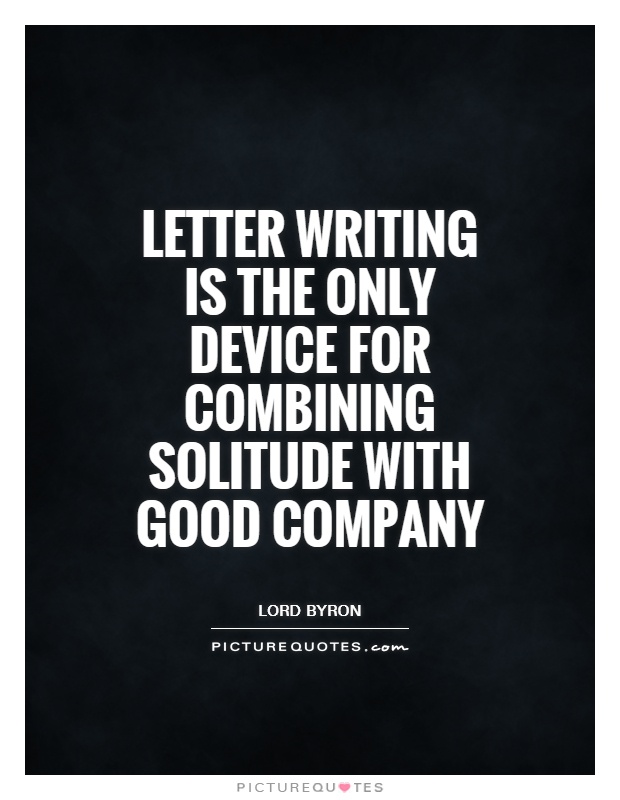
Letter writing is the only device for combining solitude with good company
Lord Byron, the renowned poet and romantic figure of the 19th century, was known for his eloquent and passionate letters. His correspondence with friends, family, and lovers provided a window into his innermost thoughts and emotions, revealing a complex and multifaceted personality. In many ways, letter writing was Byron's preferred method of communication, as it allowed him to express himself freely and intimately, while also maintaining a sense of distance and solitude.Byron once famously said, "Letter writing is the only device for combining solitude with good company." This statement encapsulates the paradoxical nature of the act of writing letters. On one hand, writing letters is a solitary activity that requires introspection and reflection. It allows the writer to retreat into their own thoughts and feelings, to grapple with their emotions and experiences in a private and personal way. In this sense, letter writing can be a form of self-expression and self-discovery, a means of exploring one's own inner world.
On the other hand, letter writing also allows for a connection with others, a form of communication that bridges the gap between solitude and companionship. Through letters, Byron was able to maintain relationships with friends and loved ones, even when separated by great distances. His letters were a way of staying connected, of sharing his thoughts and experiences with those he cared about, of seeking solace and support in times of need.
In this way, letter writing served as a lifeline for Byron, a means of navigating the complexities of his own emotions and relationships. It provided him with a sense of comfort and companionship, even in moments of solitude. Through his letters, Byron was able to create a sense of intimacy and connection with others, to forge bonds that transcended time and space.
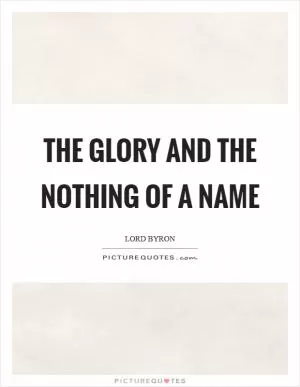
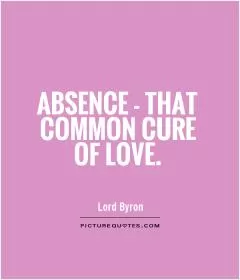
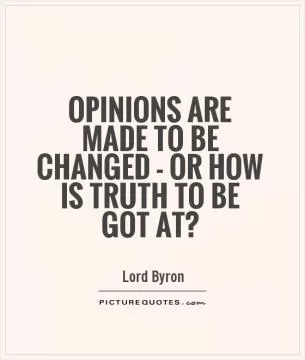


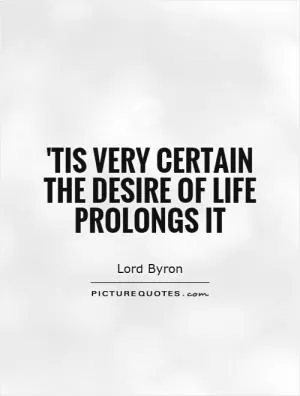
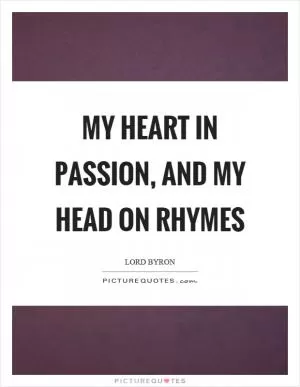




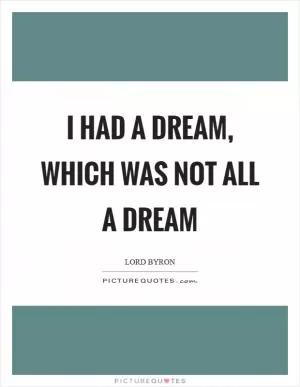
 Friendship Quotes
Friendship Quotes Love Quotes
Love Quotes Life Quotes
Life Quotes Funny Quotes
Funny Quotes Motivational Quotes
Motivational Quotes Inspirational Quotes
Inspirational Quotes